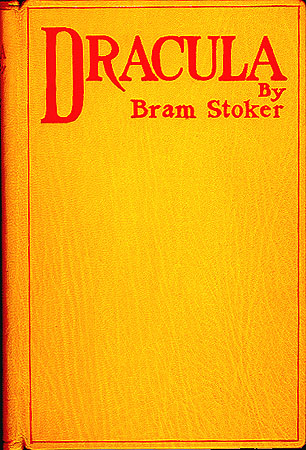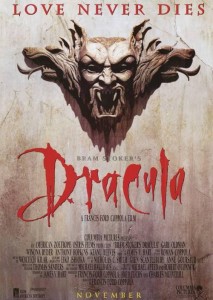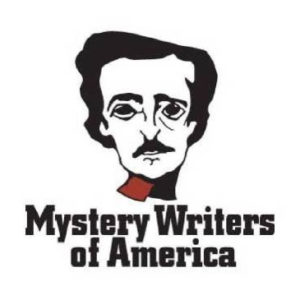How would you update your favorite classic book?
by Bekka Black (aka Rebecca Cantrell)
Using my secret identity of Bekka Black (wait, just blew my cover, delete this later), I wrote a modernization of Bram Stoker’s Dracula. It’s called iDrakula and it’s supposed to come out in iPhone, iPads, and iPod Touch’s everywhere tomorrow (although the day may wiggle about bit).
Coming out on the phone first? I can already see Bram Stoker’s fans shuddering. But bear with me. The original Dracula was
 written showcasing the gee whiz communication methods of Bram’s day: typewritten reports, recordings on wax cylinders, and
written showcasing the gee whiz communication methods of Bram’s day: typewritten reports, recordings on wax cylinders, and 

 newspaper articles. The characters actually spend entire scenes typing notes and then reading them to each other. iDrakula was written using today’s latest communication methods: text messages, emails, voicemails, and web browsers. Nothing happens in the story that couldn’t happen on a cell phone. But they’re both still about a group of teens defeating the most powerful vampire of all time.
newspaper articles. The characters actually spend entire scenes typing notes and then reading them to each other. iDrakula was written using today’s latest communication methods: text messages, emails, voicemails, and web browsers. Nothing happens in the story that couldn’t happen on a cell phone. But they’re both still about a group of teens defeating the most powerful vampire of all time.
I’ve already gotten some flak for it on blogs that pre-reviewed the book (great reviews so far, including from Kirkus). The Kiss my Lit blog has a very well formulated breakdown of the issue. The reviewer, who had actually read the book, loved it and felt it would entice teens into reading it and perhaps picking up the old classic as well. One commenter (who had not read the book) accused me of dumbing down literature for an entire generation and chastised me for using someone else’s characters because I can’t create my own.
 I had expected controversy and I’m pretty certain I’ll get it. People feel strongly about the old Count. My view is that an adaptation of a classic into another form is like a film adaptation. Because you are changing the story’s medium, the story changes. Does that mean that someone goes back in time and erases all copies of the original? No. Bram Stoker’s Dracula is alive and well and anyone can read it. In fact, it’s online and free right here. I highly recommend it and re-read it regularly.
I had expected controversy and I’m pretty certain I’ll get it. People feel strongly about the old Count. My view is that an adaptation of a classic into another form is like a film adaptation. Because you are changing the story’s medium, the story changes. Does that mean that someone goes back in time and erases all copies of the original? No. Bram Stoker’s Dracula is alive and well and anyone can read it. In fact, it’s online and free right here. I highly recommend it and re-read it regularly.
A movie of a book is almost always very different from the book, but after the film is released more copies of the book itself sell because of the attention paid to the film and because people who saw the film wish to read the book too. I’ve never heard an author complain that fewer people read their book because it was made into a film, even if it was made into a bad film.
 It’s not an either or equation. I don’t think readers will stroke their chins, think long and hard and then say, “I will either read Dracula or iDrakula but on no account will I ever read both.” If we make the classics too precious people become afraid to interact with them or place them in their own context, and they run the risk of becoming so irrelevant that they’ll only be read when the readers are forced to read them, as when they are assigned in school. Then we all lose.
It’s not an either or equation. I don’t think readers will stroke their chins, think long and hard and then say, “I will either read Dracula or iDrakula but on no account will I ever read both.” If we make the classics too precious people become afraid to interact with them or place them in their own context, and they run the risk of becoming so irrelevant that they’ll only be read when the readers are forced to read them, as when they are assigned in school. Then we all lose.
Next up? iFrankenstein.
So: What’s YOUR take on remakes?

 Follow
Follow



You forgot the part about where that reader was shut down by a fourteen year old girl. That was my favorite part.
Some people are really just terrified of change. I really did enjoy the book. I just wish I could get it on my Droid so I can show it off to people.
It was a fascinating interplay and I was happy to see the teenager end it by saying she wanted to buy a book. 😉
Glad you liked the book. The app has some audio you haven’t heard yet, but the rest is the same, minus a few typos.
Maybe we’ll get it on the Droid yet.